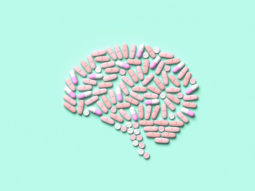
Multivitamins help prevent memory loss (start time: 8:02) In this week’s show, How On Earth host/producer Susan Moran interviews Dr. Adam Brickman, a neuropsychologist at Columbia University’s Vagelos College of Physicians and Surgeons, about a large new study that shows how taking multivitamins can prevent memory loss in older adults. Memory decline is an inevitable, if cruel, component of aging. And there’s been much debate about what interventions can arrest the pace of memory loss. The new study, which Dr. Brickman co-authored, replicated results of a previous study that he led; both found that people age 60 and older who take multivitamin supplements daily can stave off normal age-related memory loss. (The study does not apply to people with Alzheimer’s disease or other forms of dementia.)
Hosts: Susan Moran, Joel Parker
Producer: Susan Moran
Engineer: Joel Parker
Executive Producer: Shelley Schlender
Listen to the show here:
Podcast: Play in new window | Download (Duration: 27:13 — 24.9MB)
Subscribe: RSS



 This week on How on Earth, Beth talks with Christine Yu – an award-winning journalist who has turned her reporting on women athletes and the relationship between science and athletic performance into a comprehensive book on the subject. In
This week on How on Earth, Beth talks with Christine Yu – an award-winning journalist who has turned her reporting on women athletes and the relationship between science and athletic performance into a comprehensive book on the subject. In  Of Bears & Humans (start time: 1:34) If you live
Of Bears & Humans (start time: 1:34) If you live 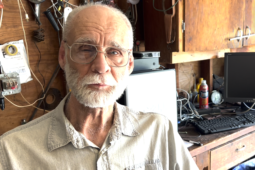
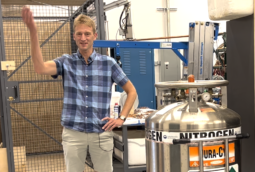
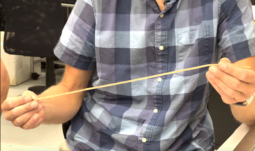
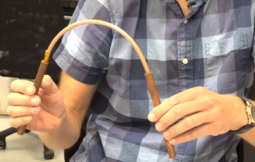
 On today’s show Beth speaks with biomechanics Katy Bowman about her new book, Rethink Your POsition. Are you a fitness fanatic? Or a couch potato? Whichever, there’s something for you here. Katy’s biomechanics background, allows her to assess the movements of everyday life and describe how to perform them correctly, based on human anatomy. Moving from the head down, she dissects everything from sitting at the computer to running marathons and gives easy-to-follow instructions for improving. You can find video and more at her
On today’s show Beth speaks with biomechanics Katy Bowman about her new book, Rethink Your POsition. Are you a fitness fanatic? Or a couch potato? Whichever, there’s something for you here. Katy’s biomechanics background, allows her to assess the movements of everyday life and describe how to perform them correctly, based on human anatomy. Moving from the head down, she dissects everything from sitting at the computer to running marathons and gives easy-to-follow instructions for improving. You can find video and more at her 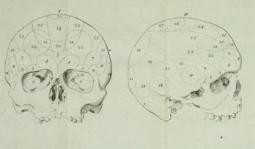
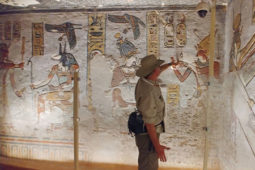
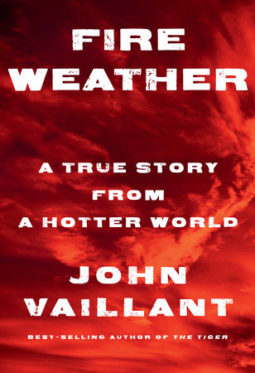 In this week’s How on Earth, Beth speaks with author John Vaillant about his new book, Fire Weather: A True Story from a Hotter World. He explores the phenomena of fire, the wildland urban interface, and climate change in the context of a precedent-shattering combustion in a modern city.This colossal wildfire in Alberta in 2016 almost consumed a city of nearly 100,000. In the process the fire blew up expectations and responses to wild fires. Vaillant gives an in depth exploration of the rapidly changing relationship between fire and humankind along with personal stories of loss and bravery on the front lines of this horrifying event.
In this week’s How on Earth, Beth speaks with author John Vaillant about his new book, Fire Weather: A True Story from a Hotter World. He explores the phenomena of fire, the wildland urban interface, and climate change in the context of a precedent-shattering combustion in a modern city.This colossal wildfire in Alberta in 2016 almost consumed a city of nearly 100,000. In the process the fire blew up expectations and responses to wild fires. Vaillant gives an in depth exploration of the rapidly changing relationship between fire and humankind along with personal stories of loss and bravery on the front lines of this horrifying event. With graduation season upon us, today’s edition of How on Earth is Part 2 of our annual “Graduation Special”. Our guests in the studio today are scientists and engineers who have or will soon receive their Ph.D. from the
With graduation season upon us, today’s edition of How on Earth is Part 2 of our annual “Graduation Special”. Our guests in the studio today are scientists and engineers who have or will soon receive their Ph.D. from the 
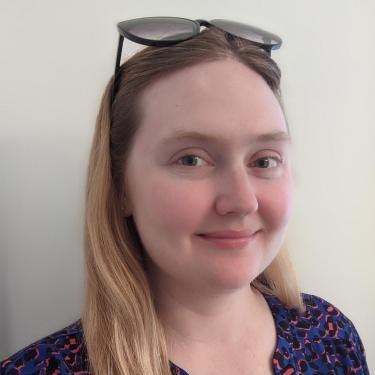 Kathleen McGuire –
Kathleen McGuire – 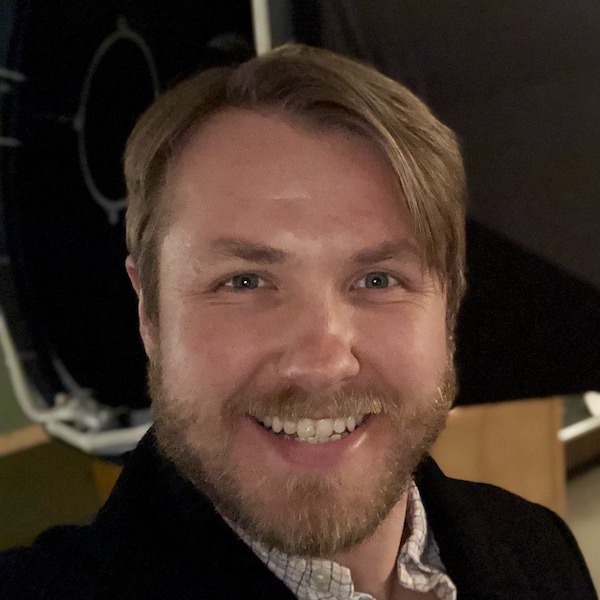
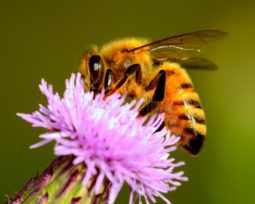 This week on How on Earth, Beth replays in interview with Professor Mike Breed, who has been studying social insects, including ants and bees, at the University of Colorado here in Boulder, for decades. She spoke with him last year about the fascinating biology of these important pollinators, in an interview that is still timely, because the many problems facing honeybees, and other bees are continuing to mount. He describes the challenges these important insects face in the modern world, and what we can do to protect them.
This week on How on Earth, Beth replays in interview with Professor Mike Breed, who has been studying social insects, including ants and bees, at the University of Colorado here in Boulder, for decades. She spoke with him last year about the fascinating biology of these important pollinators, in an interview that is still timely, because the many problems facing honeybees, and other bees are continuing to mount. He describes the challenges these important insects face in the modern world, and what we can do to protect them.